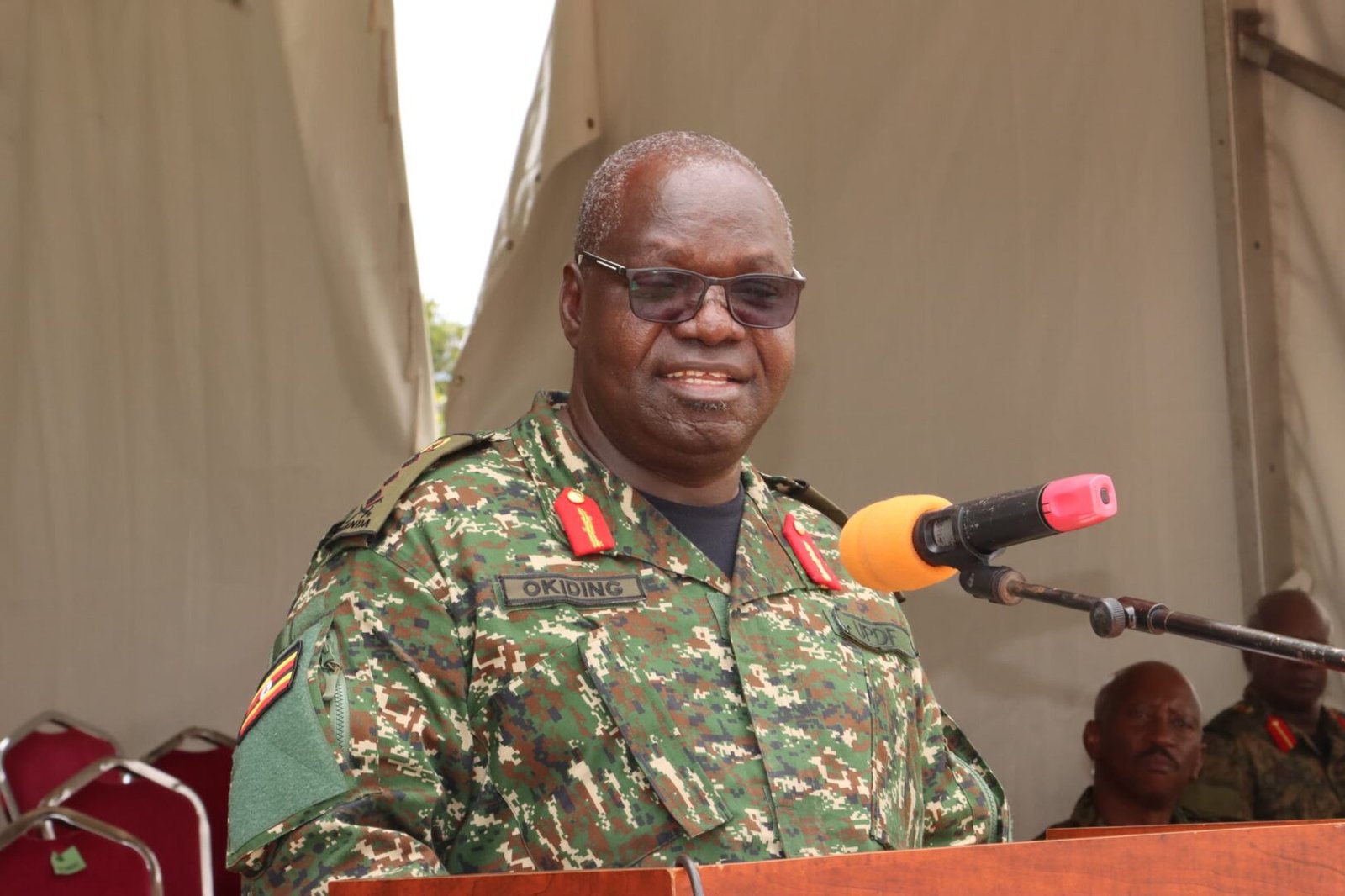KAMPALA, UGANDA — The Deputy Chief of Defence Forces (CDF), Lieutenant-General Sam Okiding, has issued an apology for the excessive force used by security personnel during the Kawempe North by-election.
The apology came as he addressed Parliament’s Defence Committee, responding to concerns over the assault of journalists, opposition candidates, supporters, and election observers during the March 13 by-election.
Lwemiyaga County MP Theodore Ssekikubo demanded an update on disciplinary measures against the soldiers involved. Okiding acknowledged the incidents, attributing them to “operational mistakes” and acts of provocation, but asserted that such behavior is inconsistent with the army’s doctrine.
“Those were operational mistakes that occurred out of provocation. It is not our doctrine, but among 1,000 soldiers, there will always be those who struggle to control their patience. However, their reaction did not warrant such a degree of force,” he stated.
He further informed the committee that a disciplinary committee has been convened to investigate the incidents, and some implicated officers have already been apprehended. “We have taken action, and some of the personnel involved have been apprehended. A committee has been constituted to carry out investigations,” Okiding confirmed.
The events surrounding the Kawempe North by-election triggered widespread condemnation from human rights groups, media organizations, and political figures, who demanded accountability for the victims.
Prior to and during the election, journalists covering the event were deliberately targeted by security forces. Many were arrested, and several, including NBS Television’s Francis Isano, sustained severe injuries from beatings. Their equipment was damaged, and they were subjected to physical violence to suppress reporting.
The targeting of journalists raised serious concerns about press freedom in the country.
In the lead-up to the election, opposition supporters, particularly those affiliated with the National Unity Platform (NUP), were also subjected to violence.
Soldiers forcibly removed NUP supporters from designated areas and physically assaulted and dispersed others from polling stations. These tactics were seen as attempts to intimidate voters and suppress opposition involvement.
On election day, the violence intensified, with soldiers targeting opposition candidates and journalists, hindering their duties. Journalists were threatened with arrest and removal from polling stations, and one reporter was violently assaulted.
The aftermath of these events has significantly impacted media coverage. Many outlets implemented a self-imposed blackout on reporting security-related matters, particularly those involving the military and police, severely restricting public access to crucial information.
These actions have not only violated individual rights but also undermined the integrity of the electoral process, drawing strong criticism from civil society organizations and raising concerns about the state of press freedom and political expression in the country.

